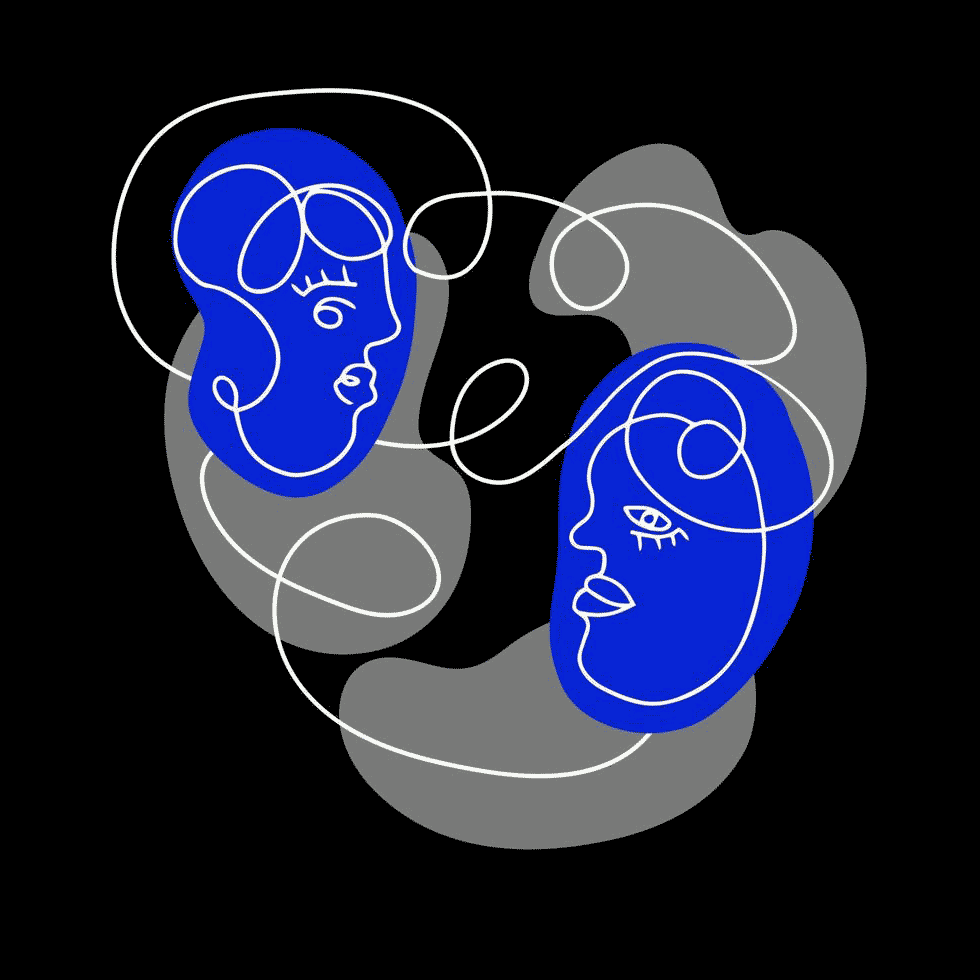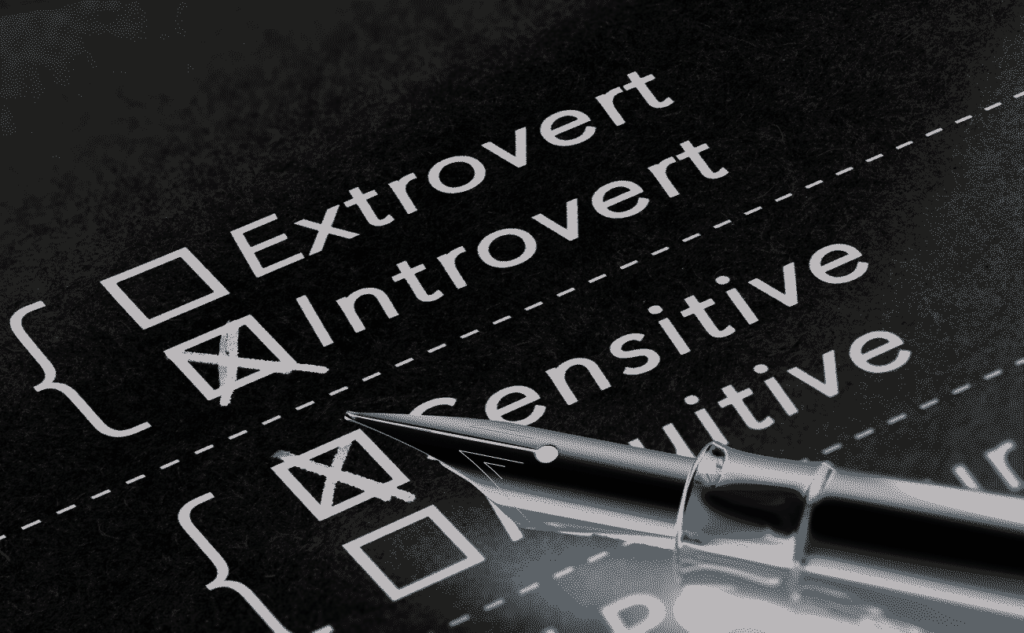Business is drunk on personality testing.
You take Myers-Briggs and find out you’re an INFP or some such nonsense. You take Enneagram and learn that you’re a Challenger.
And, thanks to this. Your behavior suddenly makes sense.
“No wonder I don’t always get along with people. My personality test says that I tend to be aggressive.”
“Big surprise that I get overlooked at work. I’m an introvert.”
Never mind that a supposedly aggressive person might be tame around their grandmother or that that introvert likes to get loud when playing poker with their buddies. We’ll just overlook that.

The reality is that numerous studies over decades have shown that personality tests predict <10% of behavior. The reason for this is fivefold:
One, context matters more than supposed personality traits at the level of individual situations. For example, maybe you argue hard in the board room or a court of law, but are easygoing around your kids. Why? The context requires different behavior from you.
Two, you cannot reduce many things in life down to a single variable and have much reliability. Can you judge your health based solely on your cholesterol level? Sure, it’s important, but what about your physical activity, blood pressure, diet, stress level, and so on? Or, how about IQ? Raw brain power is important of course, but is a high IQ all it takes to pick out a “smart” person, a hard worker, or something else?
Three, the trait has to be limited in scope and very specific to predict anything well. If you were seeking someone to model swimsuits, you would be better off asking someone with high body-esteem, because that is more specific, than someone with simply high self-esteem, which is simply too multi-faceted.
Four, a person has to be pretty extreme in a trait for it to predict well. If for example you are a 95% in extraversion, we are more likely to be able to predict how you will act in most situations than if you are a 75% in extraversion. The reason is that your trait is less likely to be dampened by any situational specifics.
Five, traits predict general patterns better than individual actions. It’s a little like the difference between weather and climate. Just because your climate has gotten warmer or dryer does not mean that you will not have colder or wetter days. The same is true of traits. Hire someone that tests high in flexibility, put them in a chaotic situation, and you might find that their reaction is to try to build some stability by implementing prescriptive or restrictive rules. But when they go home, they might very well revert to being flexible with their family.

I share all of this because you are not as simple as a single measurement or personality trait.
Your height does not describe you with any level of confidence that I could make real judgments about you.
Your hair or skin color does not describe you well enough that I can draw conclusions with high confidence.
The same is true of your cholesterol level, your waistline, or any number of other things.
And, it is most definitely true with personality tests.
Yet, employers seek to reduce the evaluation of job candidates–and even current employees–down to very few measurements so that they can simplify how they think about us, and we invite that because we’ve bought this line that our Myers-Briggs or DISC or whatever explain so much about us.
Slowly but surely, we can change this though by refusing to others and ourselves people down to simplistic and broad measurements. You are not just a number or a skin color or a personality type. You are more than that, and so is everyone else.


